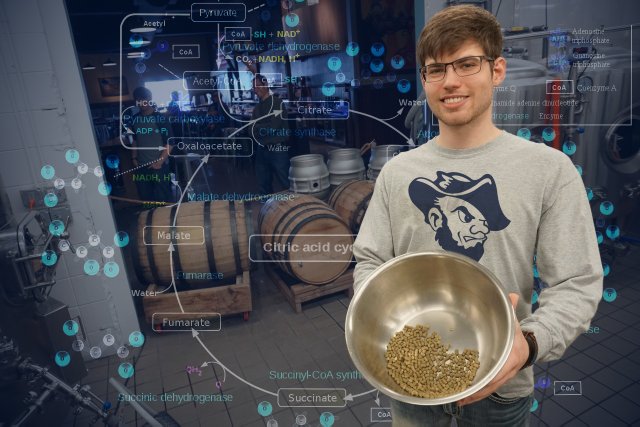
The centuries old practice of brewing beer thrives today across a wide range of society, from industrial scale macro breweries to local craft breweries and even homebrewing clubs scattered across the nation. But proper beer brewing, on any scale, involves very complex chemical and biological processes, that when mastered can produce a superb product. Students at South Dakota School of Mines and Technology are delving into the science and engineering of beer brewing in a new year-long class. Only students who are 21 and older are allowed to take the course and accompanying laboratory.
Founded in 1885, the South Dakota School of Mines and Technology is a science and engineering research university located in Rapid City, S.D., offering bachelor’s, master’s and doctoral degrees. The university enrolls 2,654 students with a student-to-faculty ratio of 15:1. The SD School of Mines placement rate for graduates is 97 percent, with an average starting salary of more than $61,300.
Todd Menkhaus, Ph.D., professor of chemical and biological engineering at SD Mines, explained that, “the first semester is spent entirely in the classroom with focus on zymology, or the science and application of fermentation. The coursework also includes discussions on agricultural production of raw ingredients such as barley and hops, engineering analysis, design and operation of brewing equipment, and the marketing, presentation and business management of breweries. During the second semester, the students move into the lab to undertake the actual brewing process and to deepen their understanding of the unique chemistry and biology associated with brewing.”
“The open-ended nature of the lab forced us to make critical decisions based on our understanding of the fundamental science and engineering behind the process,” said Justin Hoff, a senior chemical engineering student.
During this class, students like Hoff pick up a wide range of Science, Technology, Engineering, and Math (STEM) skills that are involved in the brewing industry and beyond. The study of the complex brewing process yields not only better lagers and ales, it produces better scientists and engineers who can apply what they have learned across a wide range of fields.
“It gave us confidence to know that we could plan the process, operate the equipment and evaluate the chemistry needed to make quality products from the raw materials,” Hoff added. He will spend next semester as an intern at Testarossa Winery near San Jose, Calif., in its production department.
“Brewing science is a growing industry, so being able to learn the science and be able to practice it in the lab was a very valuable and exciting experience for me,” said Victoria Parks, senior chemical engineering student at SD Mines.
But this class is about more than making beer. The processes involved in brewing such as fermentation and other associated metabolic pathways, enzymatic catalysis, chemical reactions, heat and mass transfer and hops chemistry have exciting applications far beyond the brewing industry. These same chemical and biological processes are also involved in the creation of new medicines, the development of biodegradable plastics and biofuels, greenhouse gas conversion and more. Students in this course take a deep dive into the science and they come out with tools that will help them find answers to the problems of tomorrow.
“This unique lab experience provides skills and opportunities that employers are looking for such as teamwork, process design decisions like formulating operating conditions, calculating process parameters, understanding and sourcing raw materials, staying on task within time constraints, quality control, safety and working with customers, all within a discussion of specific science and engineering fundamentals,” said Guy Clay, a senior chemical engineering student at SD Mines.
This year, a portion of the lab was completed at the Hay Camp brewery, owned and operated by Mines alumni Karl Koth and Sam Papendick, Ph.D. With legislative approval, labs at SD Mines may be used to brew beer in the future. These labs have the resources and scientific equipment needed for students to fully analyze the brewing processes as they develop a deeper understanding of the science and engineering behind this ancient art.
The 2019 class and laboratory will showcase the Hardrocker Wheat Ale from 3-10 p.m. Friday, May 3, at the Hay Camp Brewing Co. in Rapid City. A portion of the sales will go toward scholarships at SD Mines.

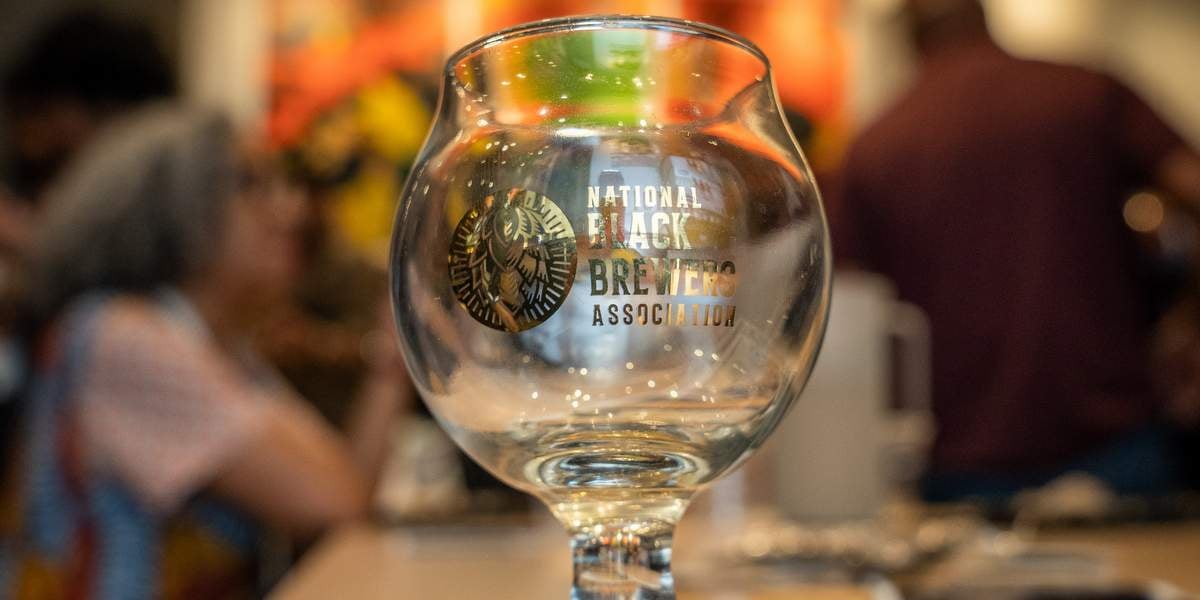
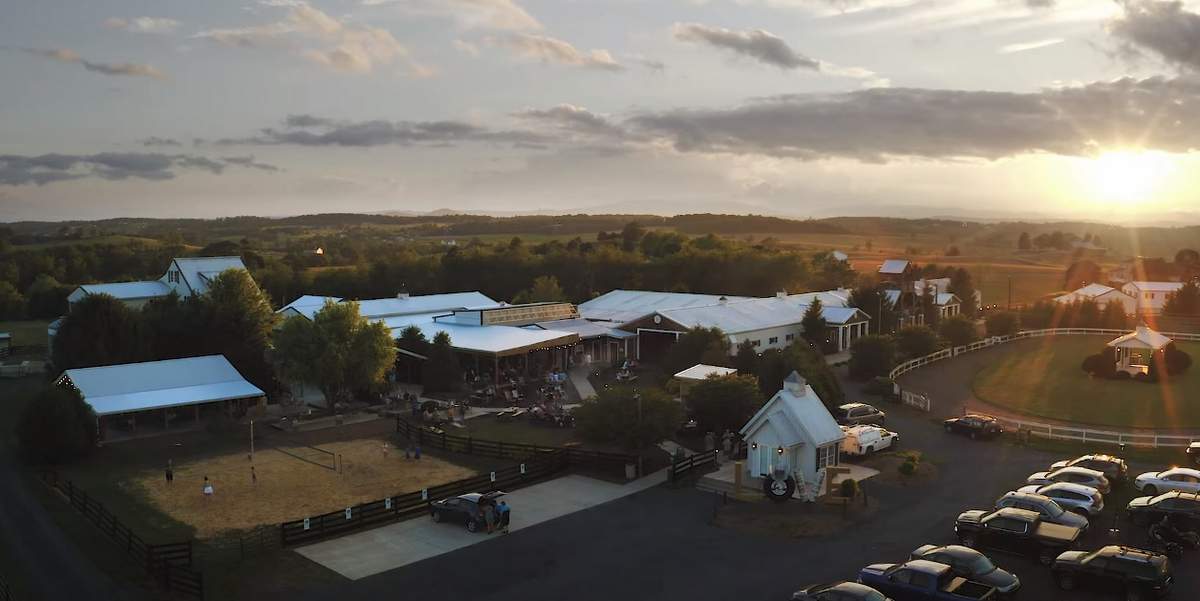
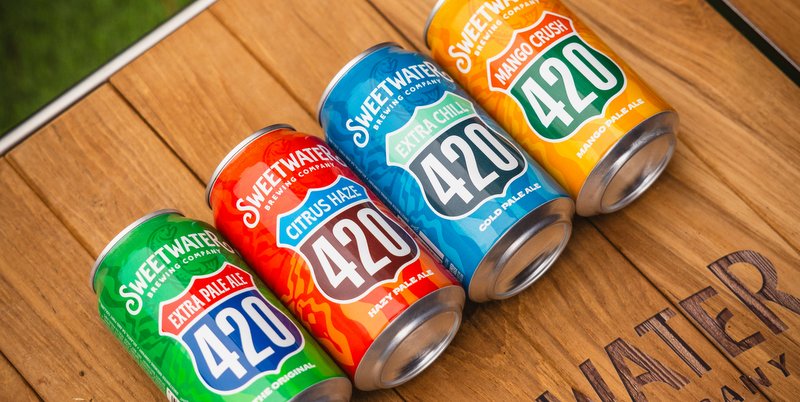
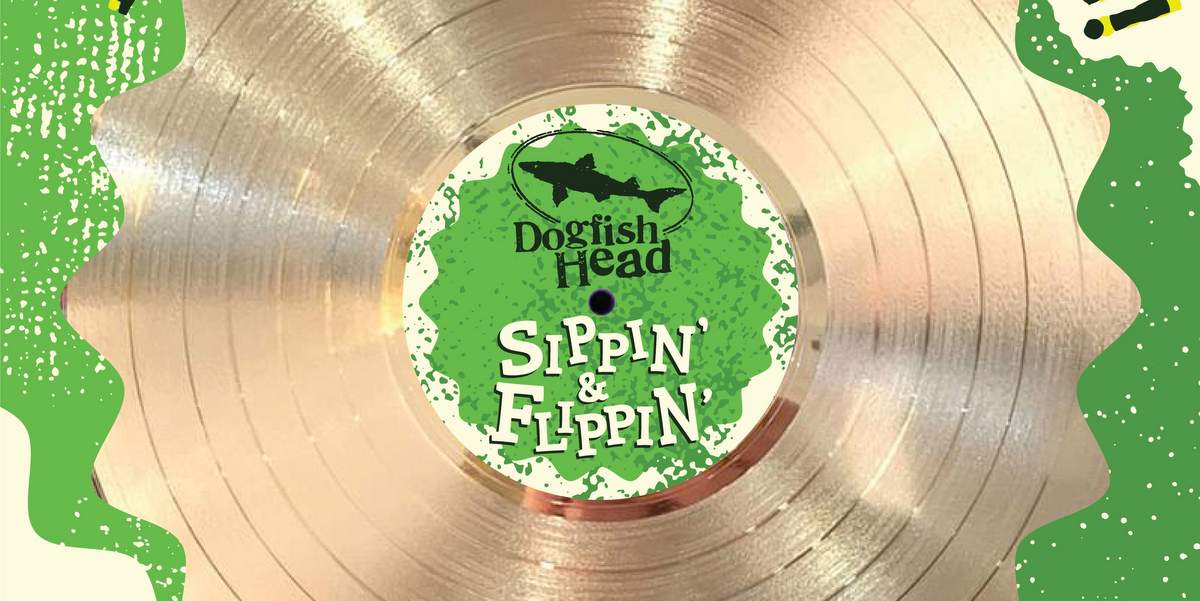
Allen Orville says
Could be a similar connection between Univ TN and Elkmont…
Jasen Omega says
Paula E. Dold
Chris Meadows says
Allen Orville!